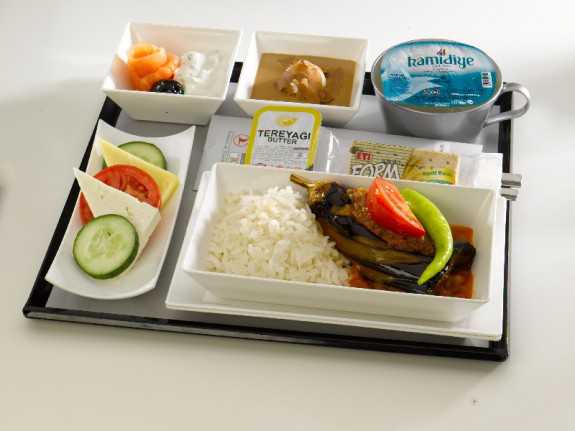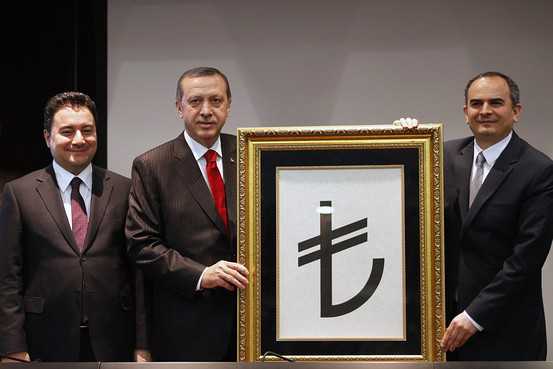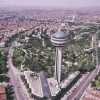LAHORE: Chief Minister Shahbaz Sharif has said that Pakistani and Turk investors should benefit from the best opportunities of investment available in the province.
He was speaking on the occasion of signing of two agreements between Turk companies Al-Bayrak, Ozkartallar Compak and Lahore Transport Company here on Tuesday. Ahmet Al-Bayrak of Al-Bayrak Company and Muhibi Kartel and Abdul Qadir Turan of Ozkartallar Compak and Khawaja Ahmad Hasaan Chairman Lahore Transport Company singed the agreements. Mayor Istanbul Dr Kadir Topbas was also present.
Shahbaz congratulated the Istanbul mayor and his delegation as well as Pakistani and Turk business community. He expressed confidence in the Turk companies and said that they were associated with more than 100 institutions of Turkey and it was hoped that Pakistani business community would benefit from the opportunities of mutual cooperation and joint ventures and play their role for making the Punjab a role model for other provinces. Mayor Instanbul Dr. Kadir Topbas also spoke.
Talking to a Turk delegation, Chief Minister Shahbaz Sharif said implementation of joint ventures between the Punjab and Istanbul would promote trade and economic cooperation between Pakistan and Turkey. He said that the recent visit of Mayor Istanbul Kadir Topbas to Lahore would open up new avenues of bilateral cooperation and relationship between the two countries.
He said the Daanish Technical University would be established in the provincial metropolis with the cooperation of Turkey. He said that cooperation of Turkey would also be acquired for the construction of parking plazas and training programmes of the Punjab Police.
Those who met the chief minister included Osman Askin, Chairman Albayrak Company Ahmet Albayrak, Haybaraccli, Qadir Noran and others. The Turkish print and electronic media has given extensive coverage to the visit of Mayor Istanbul to Lahore and shown keen interest in the engagements of the Turk delegation during the last two days.
The Turk media described the Punjab CM as a dynamic personality with reference to the important agreements signed with Turkey for various projects and observed that he was actively engaged in the development of the province and socio-economic uplift of the masses. The representatives of the Turk media before their departure for Turkey described the rousing welcome extended to them as memorable and said that it showed the wide popularity of Punjab CM and his team among the people. The Turk media paid growing tributes to the hospitality of Lahorites also.
via Punjab signs two accords with Turkish firms – The News.






